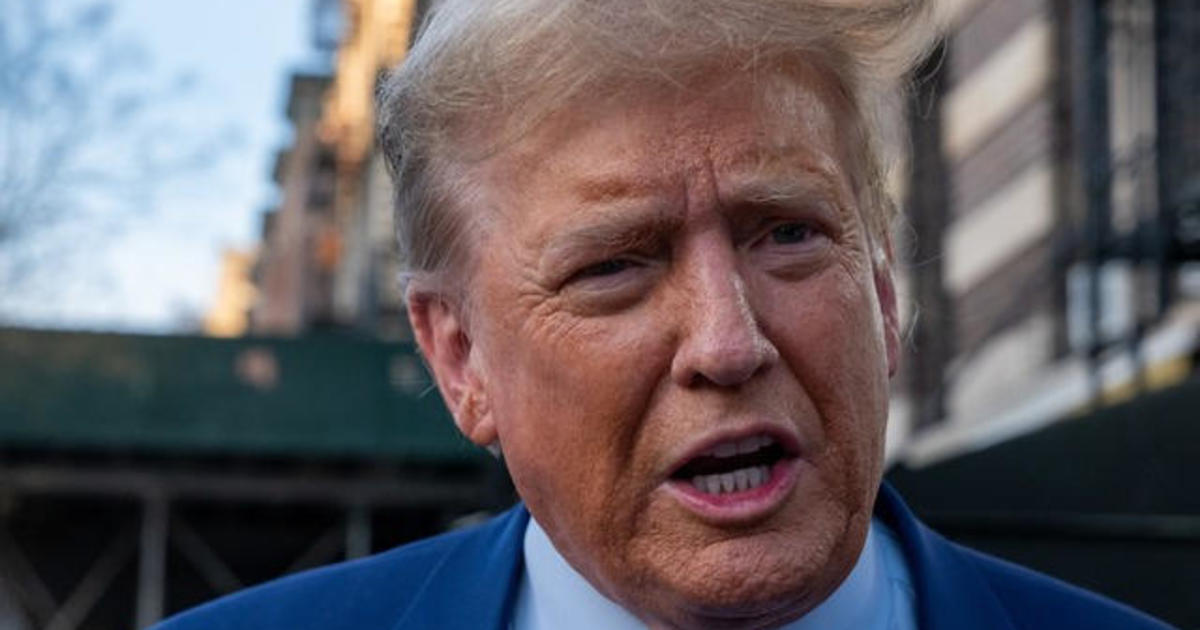Will President Trump's tax audit be safe from political meddling?
Donald Trump’s tax returns are under audit by the Internal Revenue Service, the president-elect says. In other words, the agency is scrutinizing its soon-to-be boss.
How independent will that examination be?
Given the long history of White House meddling with the IRS, both proven and alleged, this is no idle question. By custom, the IRS is supposed to be fenced off from politics. Some government ethics experts and watchdog organizations say the Trump White House needs to explicitly pledge to keep its hands off the audit.
The examination of Trump’s taxes must be conducted by staffers who are under Civil Service protection, meaning they can’t be fired at will, said Robert W. Painter, the White House ethics attorney under President George W. Bush.
“The audit must be a credible process,” said Painter, now a professor at the University of Minnesota Law School, in an interview.
There is no law preventing a president or his aides from seeking to influence the IRS, according to Painter. While regulations are in place forbidding federal officials from seeking to influence U.S. agencies on personal matters, he said, they could couch their efforts as a matter of government interest. “They’d have to be very blatant” to cross the line, Painter noted.
That’s why a “blanket assurance” from the new administration about the Trump audit is needed, said Noah Bookbinder, executive director of the Citizens for Responsibility and Ethics in Washington.
The IRS did not respond to a question about safeguarding the audit’s independence. The agency is part of the Treasury Department, likely soon to be led by a Trump loyalist. The presidential transition team has recommended Steven Mnuchin, the Trump campaign’s national finance chairman and an alumnus of investment bank Goldman Sachs (GS), to the president-elect for Treasury secretary, sources told CBS News.
A request for comment on the audit issue to the Trump transition team went unanswered. To be sure, no evidence exists that Trump has any intention of bending the IRS to his advantage. And during the campaign, he regularly inveighed against federal abuse of power and insider backscratching.
Still, Trump has said he will “fight like hell” to pay as little as possible in taxes. His attitude toward the current audit is typically antagonistic. On the campaign trail, he regularly complained that the IRS had been auditing him for more than a decade. “Every year, they audit me, audit me, audit me,” he said during a primary debate in February.
A New York City case from 30 years ago, involving a hotel called the Grand Hyatt that Trump opened, shows just how hard he can fight an audit. City auditors encountered numerous obstacles from Trump -- missing books, stonewalling and clever accounting practices, according to auditors -- that let him make much lower payments than the city expected. (He was ultimately obliged to pay the city a form of rent, in exchange for property tax breaks designed to spur economic development.)
The incoming president’s federal taxes have been an ongoing issue this election year. The current IRS audit of Trump’s returns, from 2009 on, was the reason he gave for not releasing his tax filings during the campaign. Presidential candidates have disclosed them for the past four decades.
Although numerous tax experts said no law requires a taxpayer being audited to keep returns under wraps, Trump repeatedly insisted he couldn’t release his until the IRS finished the examination. His decision to withhold his tax documents from the public sparked speculation that they might disprove his claims of vast wealth and huge charitable gifts, or show he paid little or no taxes.
The New York Times unearthed records in October revealing that in 1995 he reported a $916 million tax loss, which could wipe out any tax liability for years following.
Bending the IRS to an administration’s political will has been a theme for so long that worries about the agency’s independence today could be warranted. The most recent instance of it was the Republican allegation that the IRS was singling out conservative political groups for scrutiny. When these organizations applied for tax-exempt status, the agency subjected them to intense inspections.
The controversy resulted in the departure of the acting IRS commissioner and two top officials. Although the Justice Department said it would file no criminal charges, congressional Republicans were not convinced and contended that higher-level Obama administration figures must be involved.
The most blatant political interference with the IRS that came to light was that of Richard Nixon. As part of the bill of impeachment against him in 1974, he was accused of pressuring the IRS commissioner to audit people on his enemies list. Charges of employing the IRS as a political weapon have been lodged against numerous presidents, although proof about any such shenanigans isn’t conclusive.
But the contentions are believable and thus worrisome. President Franklin D. Roosevelt’s son, Elliott, put it this way: “My father may have been the originator of the concept of employing the IRS as a weapon of political retribution.”



